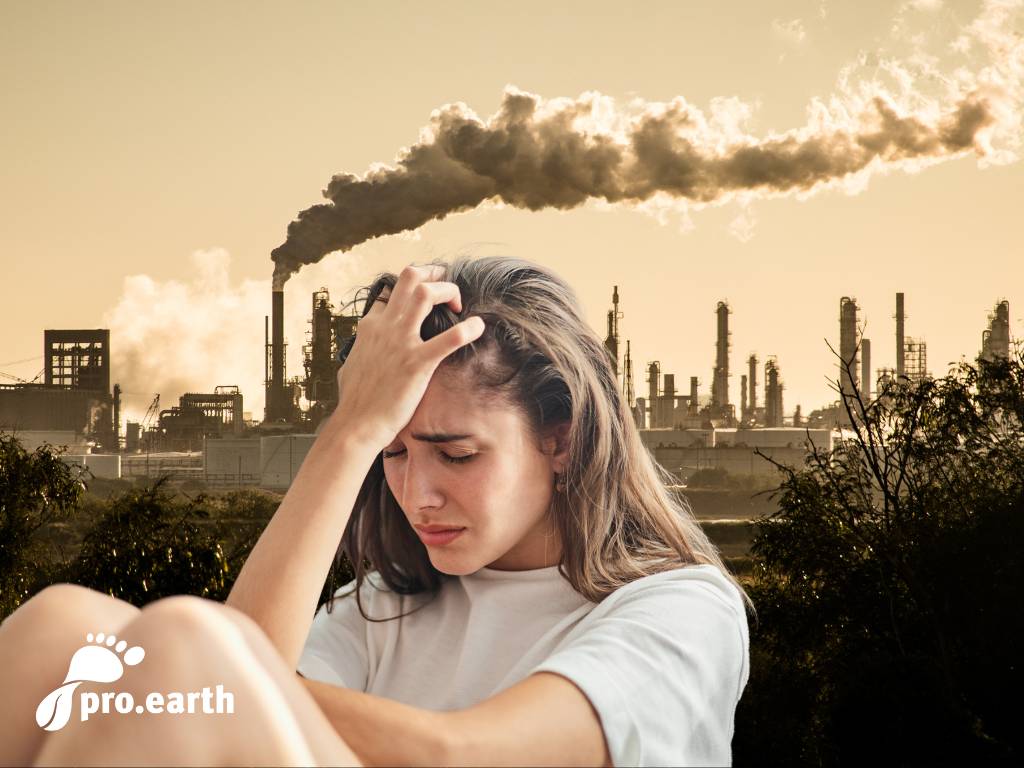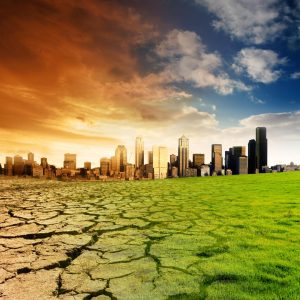Climate anxiety: when the climate hits the psyche

The bad news about the climate is piling up. Famines. Floods. Forest fires. The extinction of species. The winter heatwave. Then Lützerath. Thinking about such gloomy scenarios can get on your nerves. And the future without massive reductions in greenhouse gas emissions is scaring more and more people. Psychologists call this "climate anxiety".
There is no single definition of what exactly climate anxiety is and it ranges from concerns about impending environmental disasters, the extinction of many animal species and the destruction of our forests to worries about our own security of supply. Climate anxiety also describes the deep concern and fear that climate change is acutely threatening or restricting or will threaten and restrict one's own life.
"Becoming aware of the explosive nature of the climate and ecological crisis can cause symptoms, including a mental disorder," says psychotherapist Katharina van Bronswijk and continues, "There are disorders such as depression or generalized anxiety, in which climate change is an issue. There are traumas caused by extreme weather events and migration that can trigger post-traumatic stress disorder."
According to van Bronswjik, the term climate anxiety originally came from conversations between climate researchers. She is a spokesperson for Psychologists/Psychotherapists for Future (Psy4F) and publishes and lectures on the psychology of the climate crisis.
"Climate change is a psychological crisis, whatever else it may be."
Poulsen, Psychologists for Future
Overall, however, climate anxiety is not a psychiatric diagnosis, but only when worry and fear take over and the anxiety becomes paralyzing can a mental illness develop.
International scientific studies on climate anxiety
Several studies by the American Psychological Association and a WHO working group confirm this. One of the most cited studies on climate anxiety was conducted by an international team of scientists who carried out a large-scale global survey on the topic. One of the most cited studies on the topic focused on children and adolescents, whose "health and future will be significantly affected by climate change", the international team of scientists wrote in December 2021 in the journal "The Lancet Planetary Health". At the same time, this group is particularly susceptible to climate anxiety because they have very little opportunity or power to limit the damage caused by the climate crisis.
In the survey of around 10,000 children and young people from ten countries - including Australia, India, Nigeria, Finland and the USA - three quarters of respondents said that they saw their future as frightening. 59 percent said they were very or extremely worried. Of those surveyed, more than 45% said that these emotions have a negative impact on their daily lives and often make it difficult for them to carry out their everyday activities.
Further links:
Article about climate anxiety by Psy4F






